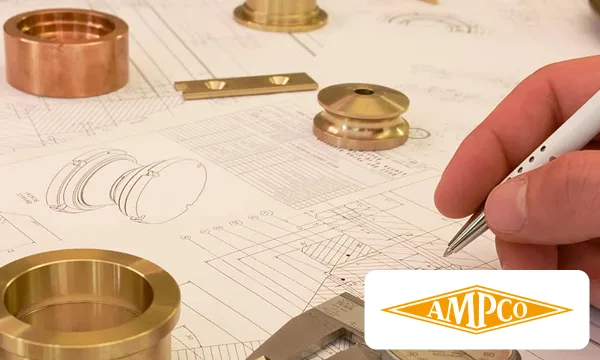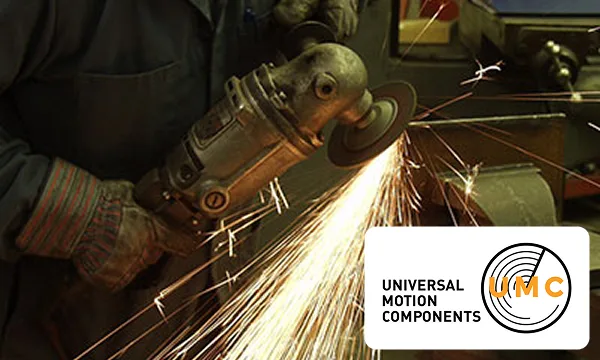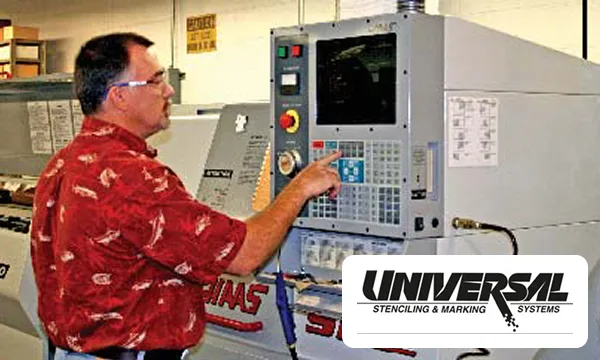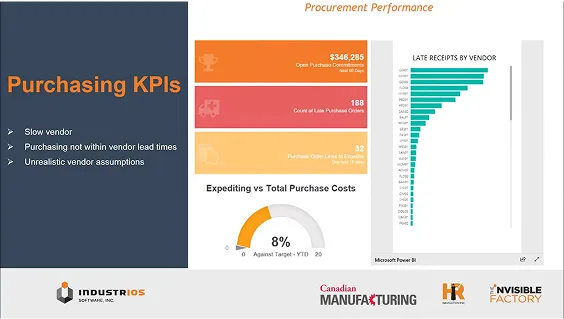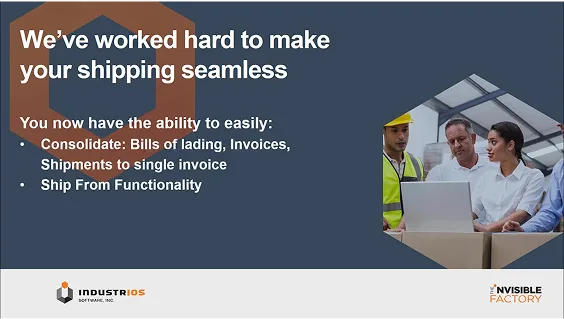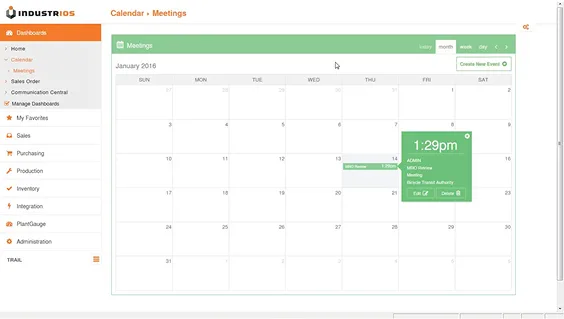AI for Discrete Manufacturing: Intelligent Operations in Industrial Equipment Production
Artificial Intelligence (AI) is reshaping how industrial equipment manufacturers operate. For discrete manufacturing—where distinct, countable products like machines, vehicles, or electronics are produced—AI offers smart tools to optimize complex production processes, enhance quality, and improve decision-making. This article explores how AI is driving intelligent operations in discrete manufacturing and what manufacturers need to know to capture its benefits.

Understanding AI in Discrete Manufacturing
Discrete manufacturing involves producing individual items with unique parts, often customized to client specifications. AI applications for these operations focus on analyzing large amounts of data generated across design, procurement, production, and quality control. By processing this data in real time, AI uncovers patterns, predicts outcomes, and recommends actions that reduce waste and improve efficiency.
“AI is practical, and delivers value every day in manufacturing operations across industrial equipment production.”
— Edward Szukalo, General Manager, INDUSTRIOS Software, Inc.
5 Key AI Applications Transforming Discrete Manufacturing
1. Predictive Maintenance
Unplanned equipment downtime can halt production and wreak havoc on delivery schedules. AI predicts machine failures before they happen by analyzing sensor data, historical maintenance logs, and operational patterns. Early warnings help manufacturers schedule maintenance during planned downtime, avoiding costly interruptions.
2. Quality Inspection and Defect Detection
Using computer vision and machine learning, AI-powered inspection systems identify defects on parts or assemblies faster and more accurately than human inspectors. These systems analyze images in real time, flagging anomalies and reducing scrap and rework costs.
3. Advanced Scheduling and Resource Optimization
Discrete manufacturing workflows are complex, with many interdependent operations. AI-driven planning tools incorporate real-time data from machines, labor, and materials to create optimized schedules that adapt dynamically to disruptions, change orders, and supply delays.
4. Demand Forecasting and Inventory Optimization
AI models analyze historical sales data, market trends, and seasonality to forecast demand more accurately. Manufacturers can optimize inventory levels to prevent stockouts or overstocking, balancing customer expectations with cost control.
5. Process Automation and Robotics
AI-powered robots and autonomous vehicles handle repetitive or hazardous tasks on the production floor. By automating these operations, manufacturers improve consistency, reduce labor costs, and free human workers for higher-value activities.
Practical Insights for Manufacturers Considering AI
- Start Small, Scale Fast: Focus on one or two high-impact AI use cases like predictive maintenance or quality inspection before expanding.
- Data is Your Foundation: Ensure you have clean, structured data from machines, sensors, and production systems. AI insights depend on data quality.
- Integration Matters: AI tools need to connect seamlessly with ERP, MES, and shop floor systems for best results.
- Get Stakeholder Buy-In: Involve operations, engineering, and IT teams early to align AI projects with business priorities.
- Measure Impact: Set clear KPIs upfront like downtime reduction, defect rate improvements, or schedule adherence to track AI benefits.
Overcoming AI Adoption Challenges
Adopting AI in discrete manufacturing faces hurdles including legacy system integration, workforce change management, and upfront cost concerns. Successful adopters address these by partnering with vendors experienced in industrial AI and investing in user training and change management programs.
INDUSTRIOS and AI-Driven Manufacturing Intelligence
Our 2026 Product Roadmap includes the launch of an AI Lab and partnering with our customers to identify real use cases where AI can deliver results for them. We are considering tools to empower manufacturers with predictive analytics, real-time monitoring, and automatic alerts, helping them make smarter decisions faster.
“AI-driven insights turn data into knowledge, giving discrete manufacturers the edge needed to stay competitive in a demanding market.”
— Edward Szukalo
Final Thoughts: The Future is Intelligent
AI for discrete manufacturing is a necessity for industrial equipment producers wanting to optimize operations, reduce costs, and improve quality. Starting with targeted AI agents and automations and building on a strong data foundation allows companies to transform traditional manufacturing into intelligent operations.
Explore INDUSTRIOS ERP and AI integrations to take the next step toward smart manufacturing. Request a Demo to learn how AI can work for your industrial equipment production.


